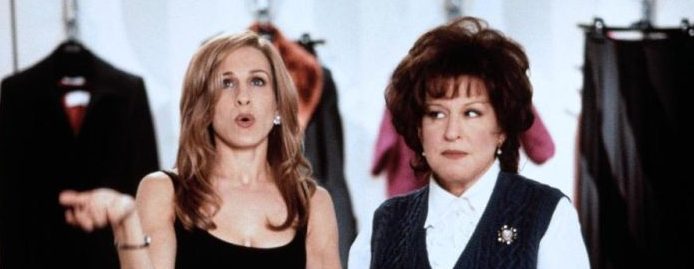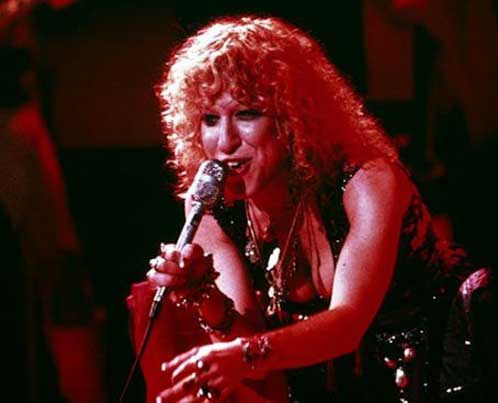Lawrence Journal World
April 15, 1980
HOLLYWOOD (AP) – On a tranquil night for Oscar, Dustin Hoffman and his bitter child custody battle “Kramer vs.Kramer” earned the best of the 52nd annual Academy awards, while Sally Field‘s portrayal of a union militant in “Norma Rae” brought her best actress honors.
“Kramer” won five major awards Monday night, including best picture, best screenplay and directing (Robert Benton), best supporting actress (Meryl Streep) and best actor – the often nominated but never-before chosen Hoffman.
Bob Fosse’s “All That Jazz,” a selfinspired musical about a stage producer’s frenetic and eventually fatal drive, won four Oscars – film editing, art direction, adapted score and costume design.
“Apocalypse Now,” Francis Ford Coppola’s Vietnam War epic, collected for sound and cinematography. “Norma Rae” was the other multiple winner of the night, garnering Oscars for best song – “It Goes Like It Goes” – and for Miss Field’s performance.
Hoffman’s ambivalent acceptance and a verbal sparring match with reporters backstage provided the evening’s only hints of spontaneous drama, commodities of which Oscar is usually in ample supply. Monday night was an exception.
Hoffman joked a bit as he accepted his Oscar, then turned serious, making reference to his being “critical of the
Academy, and for reason. Backstage, he expanded:
“I guess what I’m trying to say is that I do think that art is competitive … but it is for the artist to do the competing. There’s just no way to arbitrarily draw the line on good work.”
Not at all ambivalent was Sally Field, who struggled for years with her cutesy “Gidget” image before getting roles
worthy of Oscar performances. Her portrayal of the diminutive, tough-minded union organizer, Norma Rae, earned her a best actress Oscar in a difficult field that included such heavyweights as Jane Fonda and Marsha Mason.
Miss Field wept openly on stage, and said afterward, “I’m absolutely shocked … I know I’ll go home and cry some more. I’ve wanted to be an actress since I was three. This is incredible.”
Melvyn Douglas, who at 79 was competing in the supporting actor category against eight-year-old Justin Henry, was a predicted and popular winner for his role as the craggy capitalist in “Being There.” Douglas, who has continued working despite weakened health, was the only winning actor not in attendance at Monday’s ceremony.
The other supporting role award – to Meryl Streep for “Kramer” – was not unexpected, either. The only surprise came weeks ago, when Miss Streep, who played Hoffman’s estranged wife in the movie, was nominated in the supporting, rather than lead category.
Steve Tesich won an Oscar for his charming, free-spirited “Breaking Away” script, a tale of growing up in a Midwest college town, and breaking away.
“The Tin Drum,” from West Germany, was the best foreign language film. It was that country’s first Oscar.
Actor Alec Guiness was presented a special Oscar for “advancing the art of screen acting through .a host of memorable and distinguished performances.” Sir Alec won the 1957 Best Actor award for his performance in Bridge on the River Kwai.”
Johnny Carson, in his second year as host, delivered an opening monologue that suggested a better evening’s entertainment than was actually in store. It dragged, for the most part, although a merciful lift was provided midway by a spectacular Donald O’Connor dance number that brought the near-groggy audience to its feet.
The night’s best line was delivered by William Shatner after Ira Wohl, winner in the best documentary category for
“Best Boy,” delivered a particularly lengthy speech extending gratitude to a whole host of relatives.
“I’m glad he didn’t have a larger family,” Shatner said as Wohl finally left the stage.
Except for Hoffman’s mild criticism, there was none of the crusading or political debate of past shows. Last year, Jane Fonda and others hotly disputed the relative merits of the two Vietnam movies, “The Deer Hunter” and “Coming Home.”
The year before, actress Vanessa Redgrave blasted at demonstrators outside the Dorothy Chandler Pavillion who attacked the actress for her role in the pro-Palestinian film, “The Palestinian.”








